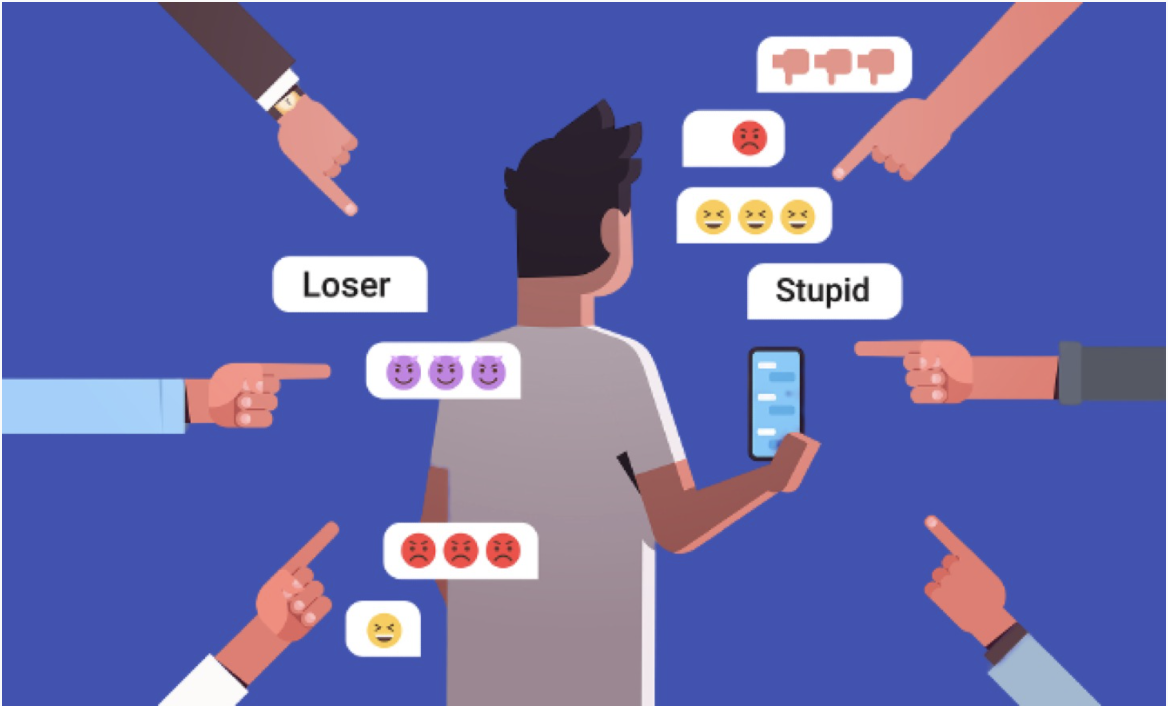We know, thanks to leaked internal research, that the Meta stable of social media apps are toxic. Facebook, Instagram… they’re all mental and social poison, especially to teenagers. Meta knows this, because its own scientists have done the research. We know it, because the research was leaked.
Yet, in what must be the most egregious corporate malfeasance since the tobacco industry, Meta continues to market its products to younger and younger children.
But if Facebook and Instagram are toxic to teenagers, they’re not much better for adults. Or for our social and political culture. Steven Crowder told us five years ago that social media makes you stupid. Social psychologist Jonathan Haidt concurs. Haidt goes further and pinpoints the exact moment that we were all turned stupid.
Haidt identifies the moment a decade ago when the retweet on Twitter and the “like” function on Facebook came into play as decisive. Social media had been a way to connect. After that it became a performance.
Gaining thousands of retweets and likes created celebrities, influencers and bullies. The social media algorithms favoured not just your existing biases but were specifically set to maximise likes and retweets. The quality that most attracted likes and retweets was anger, especially anger at some out-group or identifiable enemy. So the whole eco-system designed itself to identify, amplify and actually create anger.
This anger produced immense power. It also was self-reinforcing in strengthening extremists and marginalising moderates. Moderates were frightened away by abuse. Moderate and nuanced comments did not in any event excite a big response.
Instead, social media by its very nature encourages extremism and discourages reasoned debate. And it sent us all mad.
All of us. If you think it’s just ‘them’ doing it, that’s merely your my-side bias. Think of the media: the reality is that media, legacy and independent, run on clicks and page views. Like it or not, we all end up tailoring our content to some degree.
We often think this polarisation divides people into left and right but, as Haidt points out, the extremists spend an enormous amount of their time policing dissent, or policing what they see as insufficient fervour, on their own side […]
If that’s not all cheerful enough, the situation is about to get much worse, Haidt reports. Artificial intelligence can now produce an almost limitless supply of false news, and plausible false opinion based on things that aren’t true, on any issue you program and with any tone you want. AI will get better and better at this.
There are ways out of this mess. We can resist fake news – but it’s hard work and, while some journalists and policy flakes might go to the effort, a great many people simply have far too much else to do.
If people on social media see something that fits much of what they already believe to be true, but that is not true, they are more inclined to believe that than to go to the trouble of checking facts authoritatively.
The Australian
Even then, the die-hard echo chambers of both sides are apt to reject contrary information out of hand. Think of every time you’ve been told that “Oh, that’s just the Murdoch press” – or every time you’ve called someone a “sheeple” listening too much to CNN.
We can’t trust the legacy media anymore. The past few years have given us precious little reason to trust the mainstream political parties, let alone academics and experts.
We can try and navigate our way through it all, but that requires pulling off the hardest cognitive trick of all: not fooling ourselves. And you, as Richard Feynman said, are the easiest person to fool.

